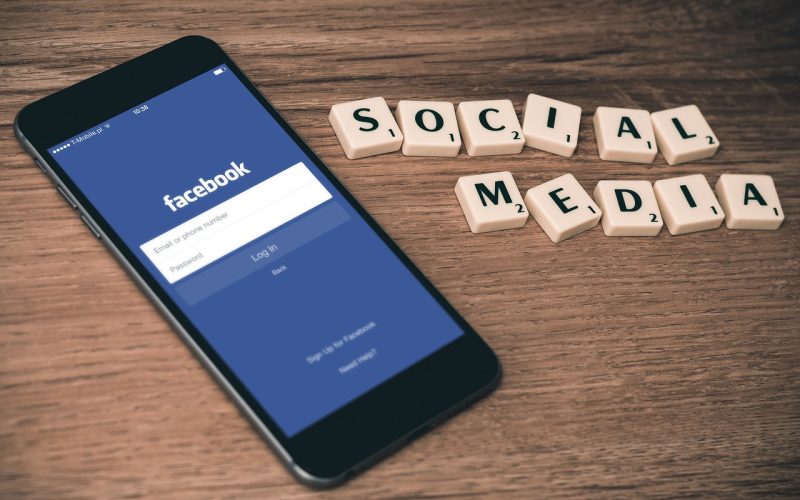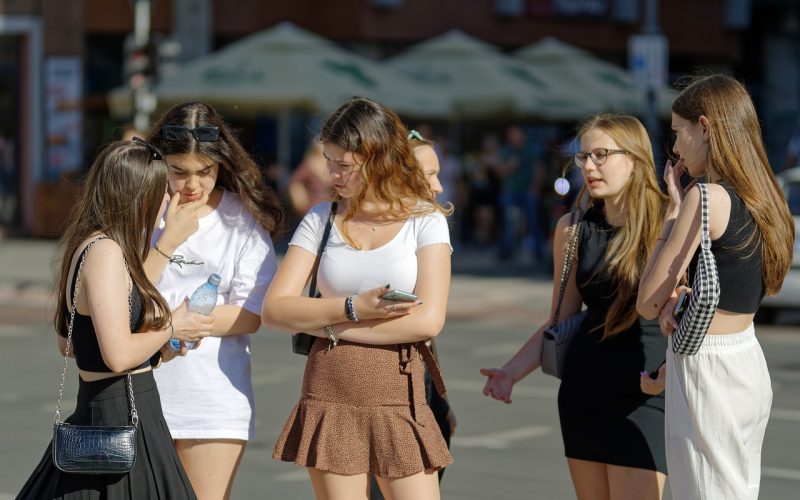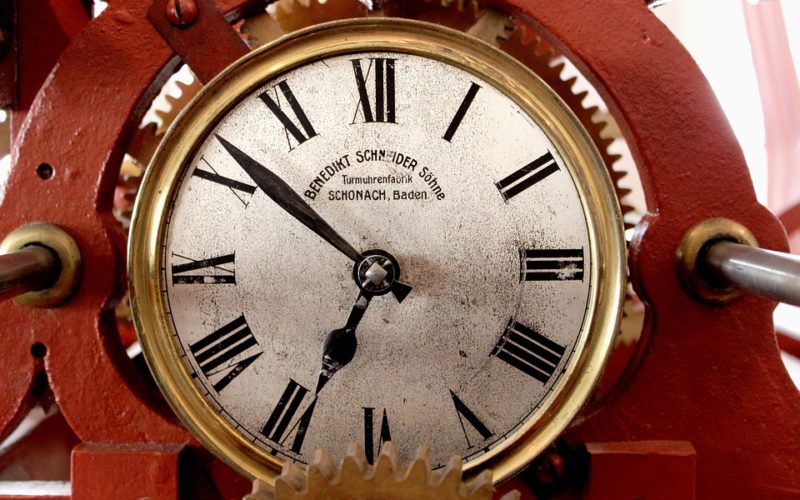Social media has transformed the way teenagers interact with one another, offering platforms to connect, share, and express themselves. However, while these platforms provide opportunities to stay linked, they also bring challenges that cannot be ignored. Among the most pressing issues is the impact of social media on teenage self-esteem, particularly how it influences their confidence and approach to dating.
The rise of comparison culture on social media
Social media platforms like Instagram, Snapchat, and TikTok are often filled with carefully curated highlights of people’s lives. Teens are regularly exposed to images and videos of idealised beauty standards, luxury lifestyles, and seemingly perfect relationships. This constant stream of content fuels a culture of comparison, where teens measure their worth against the highly polished lives presented online.
Unfortunately, these comparisons are rarely realistic. Filters, editing tools, and algorithm-driven exposure create an ecosystem in which perfection appears the norm. For a teenager still navigating their identity, these false ideals can lead to feelings of inadequacy, contributing to low self-esteem. Research has shown that prolonged exposure to platforms promoting such ideals correlates with increased levels of anxiety, depression, and poor self-image in adolescents.
Validation through likes and follows
The concept of validation has also shifted, with social media conditioning teens to associate their self-worth with likes, comments, and follower counts. When a post doesn't receive the level of engagement expected, teens may feel rejected or overlooked. This dependence on digital affirmation further erodes self-confidence and fosters a fear of judgement.
Such validation-seeking behaviour makes teens more vulnerable to criticism, bullying, or even feelings of exclusion if they interpret lower engagement as a form of social rejection. This heightened sensitivity can have a cascade effect on their lives beyond the platforms, affecting their relationships, including their confidence in dating.
Impact of low self-esteem on teen dating
Low self-esteem can significantly alter how teenagers approach romantic relationships. Teens who negatively perceive themselves may hesitate to enter relationships, fearing rejection or feeling unworthy of affection. For those already in relationships, low confidence can lead to difficulties in setting boundaries or expressing emotions, as they may doubt their value within the partnership.
Furthermore, teens seeking validation through social media may carry these expectations into their relationships. They may rely on external markers of approval—such as public displays of affection on social media or relationship "likes"—rather than building healthy, reciprocal connections. This reliance can strain relationships and leave them feeling unfulfilled.
Pressure to live up to unrealistic dating standards
Social media sets not just social norms but also relationship expectations. Through reams of "relationship goals" posts and viral couple trends, teens are exposed to a standard of romance that is often unattainable or unsustainable. They may feel pressured to replicate lavish gestures or picture-perfect dates, attempting to meet the idealised portrayal of couple hood presented online.
This creates a distorted view of what meaningful relationships should look like. Romantic connections built on genuine communication and mutual respect can be overshadowed by perceptions of how a relationship "should appear" to the social media world. For teens already grappling with self-esteem issues, this additional weight of expectation can further erode their confidence.
Social isolation and its impact on intimacy
Ironically, while social media is designed to connect, it can also create a sense of isolation. Teens who spend excessive time online may prioritise virtual interactions over face-to-face ones. This can limit opportunities to develop social skills and build meaningful, in-person connections, leaving them feeling disconnected and less confident when initiating or navigating real-world relationships.
Intimacy and trust often flourish through shared experiences and authentic interactions. A focus on digital communication, however, can replace these organic processes with superficial exchanges, making it harder for teens to form deeper bonds in their romantic lives.
Addressing the challenges
Addressing the impact of social media on teen self-esteem and dating practices starts with fostering digital literacy and promoting healthy usage habits. Parents, educators, and mentors can play a critical role by encouraging teens to take breaks from social media and reminding them that digital content often represents only a fraction of reality. Initiating conversations about body positivity, relationship values, and self-worth can also empower teens to approach social media critically rather than passively consuming its content.
Lastly, providing offline opportunities for authentic connection—through clubs, hobbies, or volunteering—ensures that teens build their confidence in spaces outside the confines of a screen. For teens navigating dating, understanding the importance of mutual respect, communication, and self-acceptance can lay the foundation for healthier relationships.
The link between social media, low self-esteem, and how it shapes teen relationships is undeniable. However, with guidance and awareness, teens can learn to break free from its detrimental impacts and cultivate a healthier self-image that supports genuine, fulfilling connections.























